Kaiser Permanente researcher spearheads opioid registry to better understand a complex national crisis
Cynthia Campbell, PhD, MPH, is an addictions researcher who has studied risk factors for having an opioid overdose. She is also leading a multi-site prescription opioid registry to provide de-identified patient data to researchers. Campbell is one of the principal investigators of a National Institutes of Health-funded network that studies approaches to integrating care for addiction into medical settings to improve patient access and outcomes.
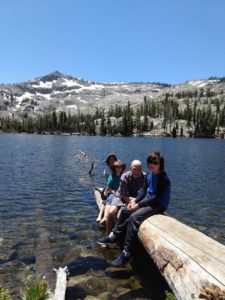
Campbell has been a research scientist in the behavioral health and aging section of the Kaiser Permanente Division of Research (DOR) since 2006. She received her doctorate in public health at the University of Michigan and conducted postdoctoral work at the University of California, San Francisco. She is also an adjunct associate professor in UCSF’s Department of Psychiatry.
How did you get interested in becoming a research scientist?
As an undergraduate studying psychology I thought I would be a clinician. But then I realized that path wasn’t for me. After I graduated I worked at the Division of Research as an interviewer and project coordinator for Connie Weisner and saw people here doing all different kinds of research addressing important questions. I really wanted to understand methods and how to do research, so I went off to graduate school. I came back to DOR and it’s been a very special place to do this kind of work.
What kind of research do you do and why is it important?
Much of my work focuses on the negative consequences of opioid misuse, and how to best treat it. The country has been grappling with the opioid crisis — it’s a very complex problem with several different factors playing roles. But there are effective ways to treat opioid misuse, and it’s critical to study how to get more people into treatment, and how other health conditions like pain impact use. One of my studies is developing a prescription opioid registry across 9 health systems which we can use to examine important questions about predictors of treatment retention, risk factors for mortality, and whether stopping opioid use too quickly may impact health care utilization.
Can you talk a bit more about the opioid registry?
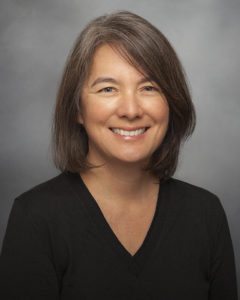
The registry is a unique project that compiles de-identified patient information about opioid use and outcomes across health systems. It is a project of the Addiction Research Network, a consortium of 16 health systems including several Kaiser Permanente regions. Nine of the consortium members are participating in the registry to study long-term use of opioids and adverse events such as overdose and emergency department visits. We’ll also look at the experience of patients who taper off opioid use.
Any advice for people interested in becoming health services researchers?
Mentoring is very important, as is finding an environment that’s a good fit. I’ve been very fortunate to have a really great mentor and colleagues for peer mentoring. That also keeps it fun and interesting, which is so important when you’re going through harder times, like submitting grants, and needing that support. The Division of Research has been a really supportive place. It’s also been a great place to pursue health services research because, compared with a purely academic setting, we’re close to the delivery of care. Being in a delivery system helps us develop close collaborations with clinicians and operational colleagues, which gives us important insight into delivery of care.
What do you like to do in your free time?
I have two kids, 10 and 13, and most of my free time is spent with them. So lately it’s been watching them play ultimate frisbee, and my son has gotten into cooking. Crossing fingers that continues!
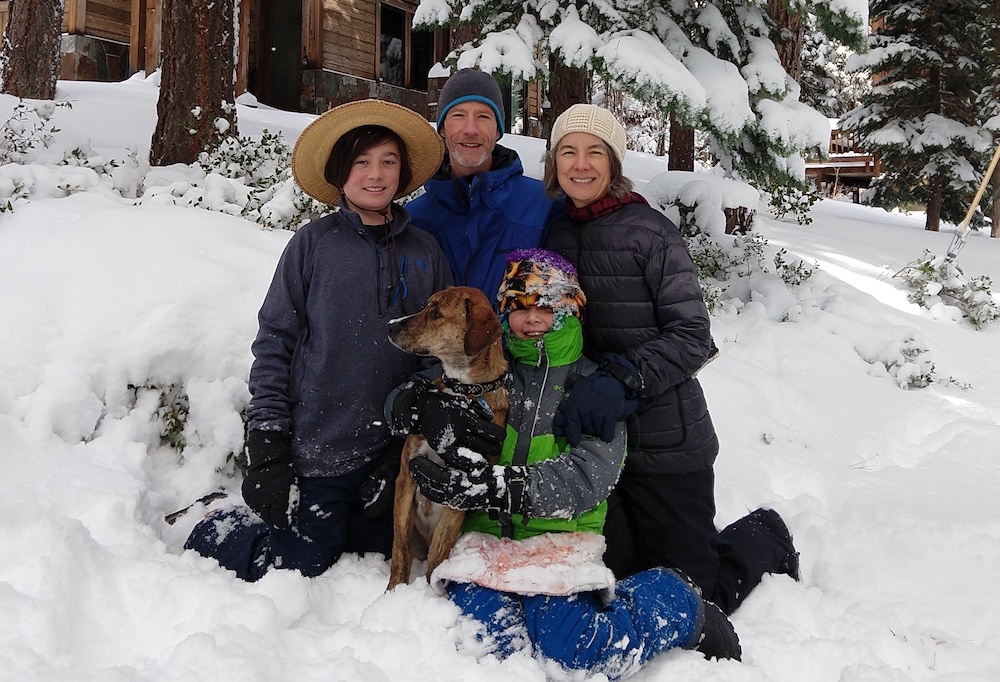


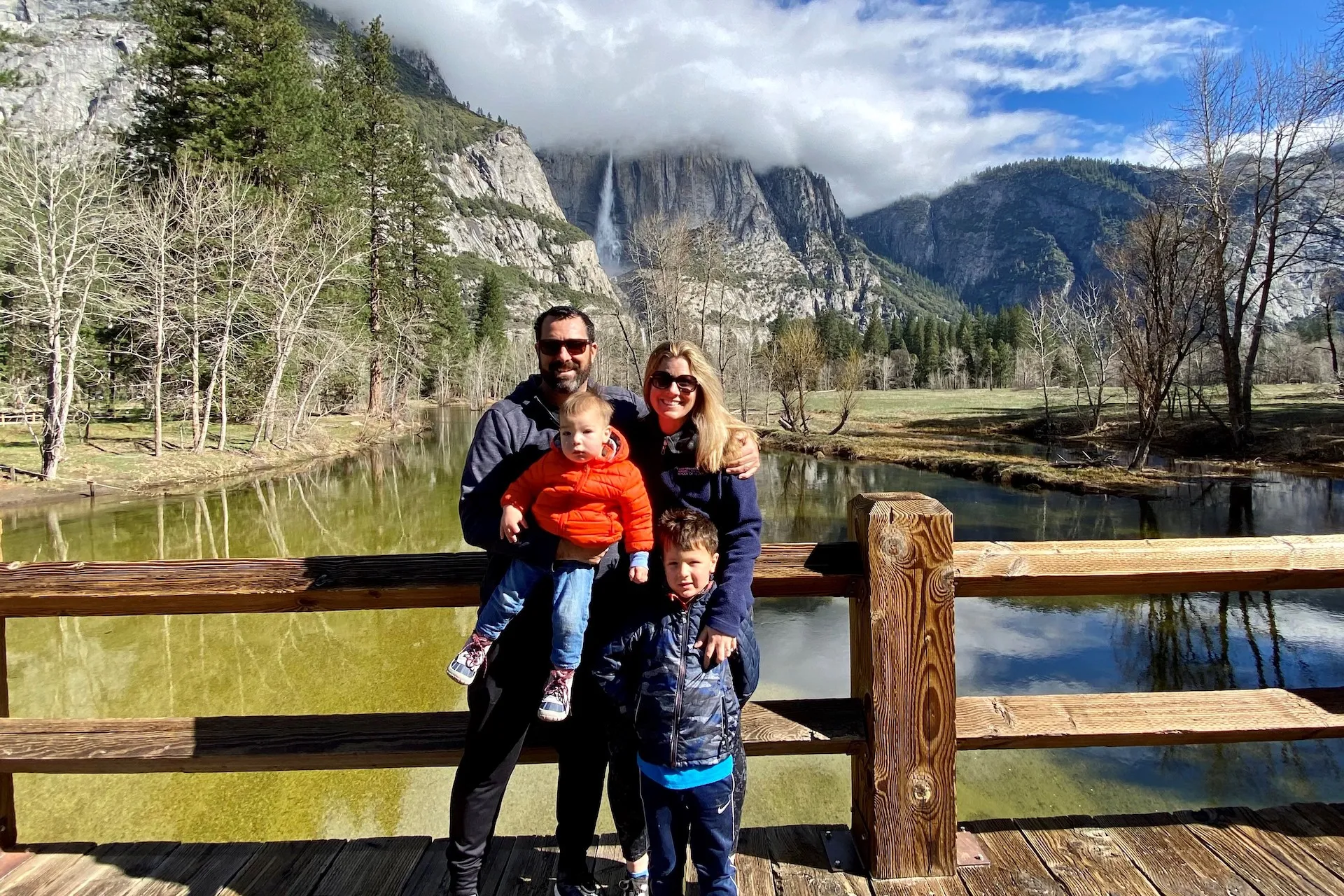
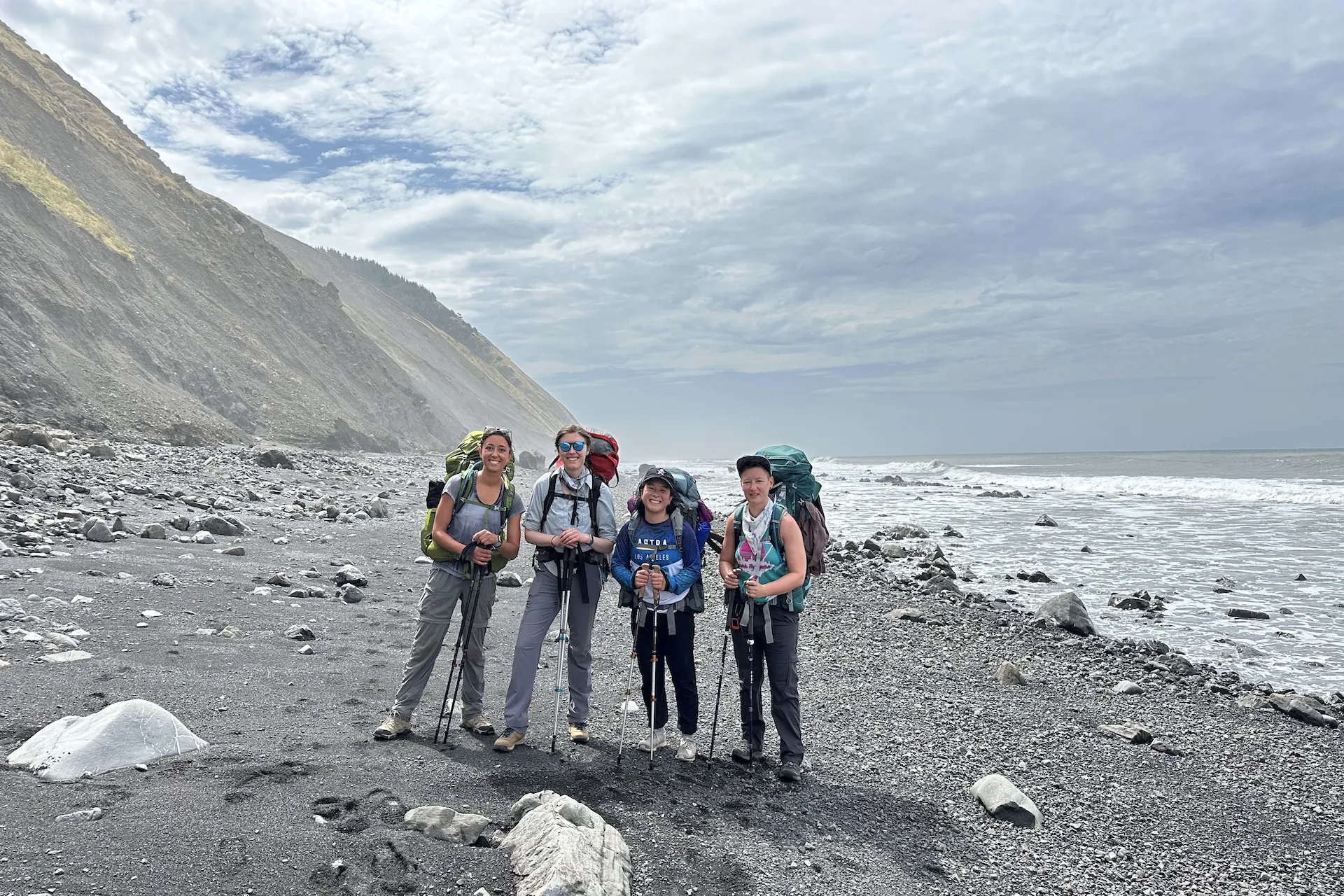
This Post Has 0 Comments